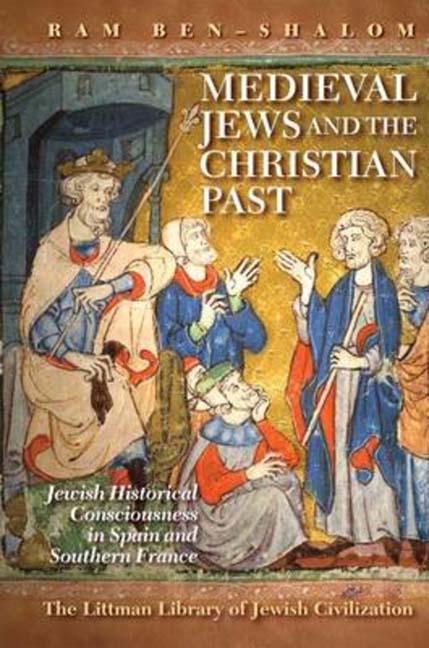3 - Jesus and the Origins of Christianity
Summary
THE SECOND TEMPLE period was often the subject of debate between Jews and Christians in the Middle Ages, and the reason is clear: Christians regarded it as the time of their messiah, while Jews rejected their claims and continued to await the messiah's coming. Polemicists, Christian and Jewish alike, believed that clarifying the history of the period would support their positions. Abraham ibn Daud, for example, examined the events of the Second Temple period to see if the messiah had come and the prophecies been fulfilled or if the Jews still had to wait for him. Around 1414 Joseph Albo studied what the rabbis of the Talmud had said about the period and the time of the messiah in order to prove that the period was only a step towards redemption. Between the twelfth and fifteenth centuries Jews held a variety of opinions on the life of Jesus and the beginnings of Christianity, which can reveal much about how they saw Christian culture during the Middle Ages.
THE LIFE OF JESUS
The life of Jesus was a common subject in medieval Jewish historiography. Early mentions occurred in the twelfth century, but the question of Jesus's life and the stories about him in the Talmud played a key role in religious disputes from the thirteenth century.
The height of the discussion was the Disputation of Paris in 1240. During it, Nicholas Donin, a Jewish convert to Christianity, tried to prove that the Talmud contained blasphemy against Jesus and Christianity. Scholars are divided on how the disputation was conducted and whether it was an inquisitorial procedure; however, the Jews of the Middle Ages accepted the Hebrew record of it as accurate.In his response to Donin, Yehiel of Paris stated that the Christian Jesus was not mentioned in the Talmud. Two other people mentioned in the Talmud— Ben Stada (or Stara) and Jesus, the son of Pantera—were also sometimes claimed to be the Christian Jesus but both were different people. Yehiel, following Rabbenu Tam, argued that the man whom the sages hanged on the eve of Passover was Ben Stada, not the Christian Jesus.
In Spain and southern France, most Jewish scholars accepted that the Jesus mentioned in the Talmud was the Christian Jesus; however, they rejected Christian claims about the date of his birth.
- Type
- Chapter
- Information
- Medieval Jews and the Christian PastJewish Historical Consciousness in Spain and Southern France, pp. 103 - 147Publisher: Liverpool University PressPrint publication year: 2015



